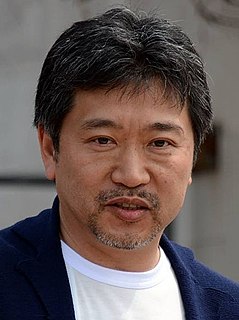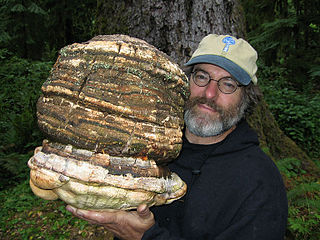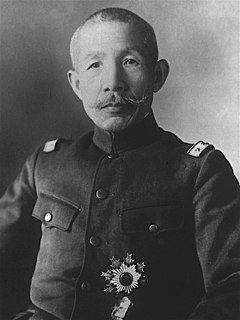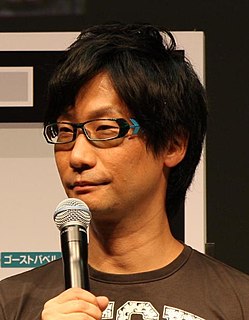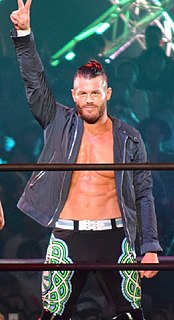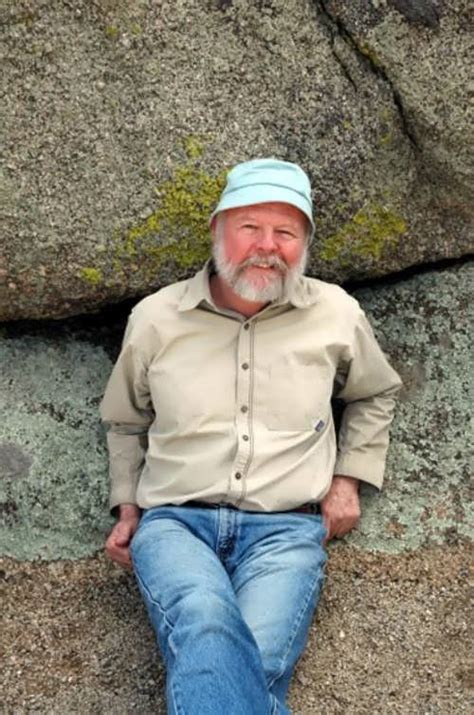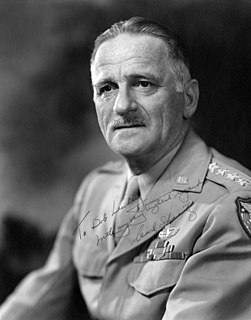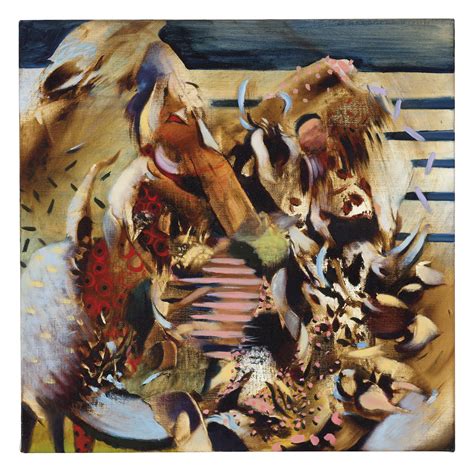Top 1200 Japanese People Quotes & Sayings - Page 19
Explore popular Japanese People quotes.
Last updated on December 4, 2024.
Our Navy was very largely sunk. And we were at war in no time at all. I share, in retrospect, the distress we all share at the internment of the Japanese American citizens of the United States. It was not our finest hour. But the Supreme Court had it before it at the time, and justified it and upheld it.
One of the more problematic aspects of the current state of cinema in Japan is that the movies playing in the theaters are by and large made not by film studios but by broadcasting companies. They're either extensions of popular television dramas or adaptations of manga or anime. Younger Japanese are simply not being exposed to good films. That situation needs to change.
Maitake mushrooms are known in Japan as “the dancing mushroom.” According to a Japanese legend, a group of Buddhist nuns and woodcutters met on a mountain trail, where they discovered a fruiting of maitake mushrooms emerging from the forest floor. Rejoicing at their discovery of this delicious mushroom, they danced to celebrate.
Maitake mushrooms are known in Japan as 'the dancing mushroom.' According to a Japanese legend, a group of Buddhist nuns and woodcutters met on a mountain trail, where they discovered a fruiting of maitake mushrooms emerging from the forest floor. Rejoicing at their discovery of this delicious mushroom, they danced to celebrate.
Frivolous thinking is due to foreign thought. Japan must no longer let the impudence of the white peoples go unpunished. It is the duty of Japan to fulfill her natural destiny, to cause China to respect the Japanese, to expel Chinese influence from Manchuria, and to follow the way of imperial destiny.
I am often asked the question: 'What is your favorite type of food?' Although I always answer Japanese, the real response should be and is pierogi, the delectable Polish dumplings that my mother, Big Martha, made so well in many incarnations: potato, sweet cabbage, blueberry, peach, plum, and apricot.
I was just lucky to be there ahead of the curve to be the driving force behind bringing this amazing style of wrestling from Japan that combined Lucha Libre, American professional wrestling, Canadian professional wrestling and Japanese wrestling all into one beautiful mix that fans worldwide absolutely can't get enough of.
We tottered together upon the brink of the fall. I have some knowledge, however, of baritsu, or the Japanese system of wrestling, which has more than once been very useful to me. I slipped through his grip, and he with a horrible scream kicked madly for a few seconds and clawed the air with both his hands.
I grew up having to piss in a bucket ’cos there was no indoor shitter, and now I have these computerised Japanese super-loo things that have heated seats and wash and blow-dry your arse at the touch of a button. Give it a couple of years and I’ll have a bog with a robot arm that pulls out my turds, so I don’t have to strain.
Mr. Miyazaki's specialty is taking a primal wish of kids, transporting them to a fantasyland, and then marooning them there. No one else conjures the phantasmagoric and shifting morality of dreams - that fascinating and frightening aspect of having something that seems to represent good become evil - in the way this master Japanese animator does.
'Your Name' is a film created with the innate imaginations of a Japanese team and put together in a domestic medium. When such a work is imbued with Hollywood filmmaking, we may see new possibilities that we had been completely unaware of - I am looking forward to the live-action film with excited anticipation.
Back in 1956, we signed a treaty and surprisingly it was ratified both by the Supreme Soviet of the Soviet Union and the Japanese Parliament. But then Japan refused to implement it and after that the Soviet Union also, so to say, nullified all the agreements reached within the framework of the treaty.
Throughout our history, there has been a long list of those we've been conditioned to hate. The British, French, Spanish, Germans, Japanese, Russians, Communists, Northern Koreans, Vietnamese, Iranians, Taliban, and both northerners and southerners in America are some of the people we've been encouraged at various times to call enemies and to hate. The list is long, and as time passes, those we were assigned to hate we later were told should be removed from our hate list. The enemy is obviously hatred itself. Have empathy for your assigned enemy.
You have to find a group that really desperately cares about what it is you have to say. Talk to them. They have something I call otaku. It's a great Japanese word. It describes the desire of someone who's obsessed to, say, drive across Tokyo to try a new Ramen noodle place 'cause that's what they do, they get obsessed with it.
When the secretary of treasury, the head of the central bank, the head of the FDIC (Federal Deposit Insurance Corp.), and the head of the New York Fed say, "We want you to do this because we think it's in the best interest of the United States of America," you know, we're like the Japanese. We're a little patriotic that way. We said, "Yes, sir!"
In high school, I actually thought I was going to have to learn Japanese to work in technology. My big feeling was I just missed it, I missed the whole thing. It had happened in the '80s, and I got here too late. But then, I'm maybe the most optimistic person I know. I mean, I'm incredibly optimistic.
You can either set brick as a laborer or as an artist. You can make the work a chore, or you can have a good time. You can do it the way you used to clear the dinner dishes when you were thirteen, or you can do it as a Japanese person would perform a tea ceremony, with a level of concentration and care in which you can lose yourself, and so in which you can find yourself.
That day the U.S. announced that the dollar would be devalued by 10 percent. By switching the yen to a floating exchange rate, the Japanese currency appreciated, and a sufficient realignment in exchange rates was realized. Joint intervention in gold sales to prevent a steep rise in the price of gold, however, was not undertaken. That was a mistake.
We can't attribute a long history of democratic traditions to Japan, either, but today Japan boasts a fully-fledged democracy in which governments change according to democratic procedures. It's no coincidence that the Taiwanese, Japanese, and South Korean economies are among the most innovative in Asia.
The fans, man, the fans have a little different way of thinking. They really applaud the spirit of fighters, and that put a huge influence on the type of energy I fought with, rather than if I won or lost. America's a real win-or-lose culture, where with the Japanese, fighting with spirit is enough.
In our victory over Japan, airpower was unquestionably decisive. That the planned invasion of the Japanese Home islands was unnecessary is clear evidence that airpower has evolved into a force in war co-equal with land and sea power, decisive in its own right and worthy of the faith of its prophets.
I grew up as a fifth-generation Jew in the American South, at the confluence of two great storytelling traditions. After graduating from Yale in the 1980s, I moved to Japan. For young adventure seekers like myself, the white-hot Japanese miracle held a similar appeal as Russia in 1920s or Paris in the 1950s.
In the Royal Ballet Company, there was a Japanese principal dancer, and onstage and in ballet, they have colorblind castings - so I did see Asian dancers, and they were always my favorite. When you have someone who looks like you, it's something you can kind of grab onto, and it makes you feel better about your place in the world.
We know where most of the creativity, the innovation, the stuff that drives productivity lies-in the minds of those closest to the work. It's been there in front of our noses all along while we've been running around chasing robots and reading books on how to become Japanese-or at least manage like them.



